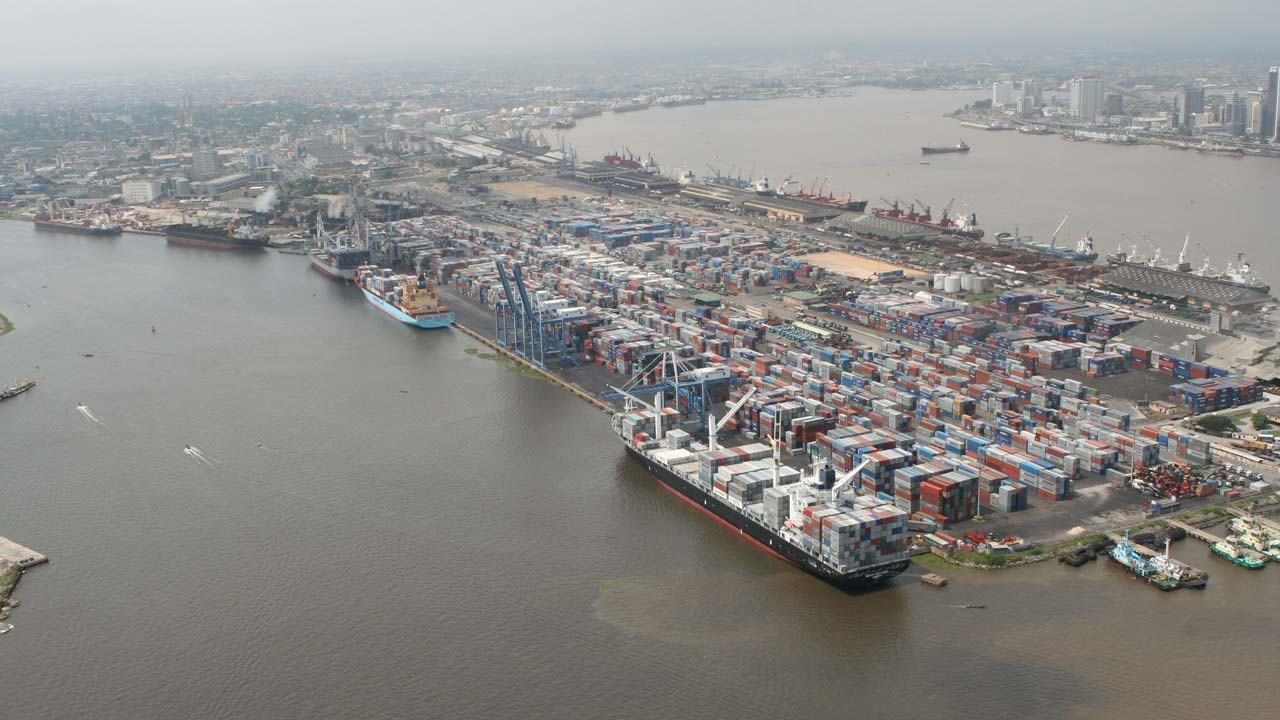The Nigerian Shippers’ Council, members of the Organised Private Sector and other stakeholders met on Tuesday to evaluate the impact of the one-month COVID-19 lockdown on imports and exports as well as the supply of essential goods such as pharmaceuticals and food.
The meeting convened by the NSC featured representation from the Nigerian Chamber of Commerce, Industry Mines and Agriculture, the Shippers Association of Lagos State, the Lagos Chamber of Commerce and Industry, among others.
Speaking during the meeting, the Executive Secretary, NSC, Hassan Bello, lamented that the restriction of movement had negatively impacted both imports and exports.
He said even though some banks were open within the port area during the lockdown, their services were skeletal.
He said owing to the situation, there were challenges in the area of Customs duty payment, generation of bank draft for shipping companies and terminal operators’ charges and provision of foreign exchange.
Bello said export had decreased and was on the verge of collapse due to the restriction of movement and lack of access to foreign exchange to support trade.
He suggested that cargo export should be consolidated and escorted across state lines to the seaport and that the Kaduna dry port and bonded terminals across the country be identified as consolidation centres for export cargoes.
Bello said pre-inspection agents and other government agencies needed to coordinate and facilitate export cargoes within the limited circumstances.
He also called for the urgent implementation of the cargo tracking note and advised importers to use the period and remove their cargoes from the ports as the ports were congested.
Also speaking, a representative of NACCIMA, Mrs Margaret Orakwusi, called the attention of the stakeholders to levies at the port which were adversely affecting the increase in cargo.
READ ALSO: Ogun donates patrol vehicles, motorcycles to security agencies
Orakwusi stressed the need to drive efficiency in export business, saying that Nigeria’s export was mainly perishable agricultural produce and delays in shipping of these exports usually led to rejection by foreign buyers.
On his part, the Director-General, Lagos Chamber of Commerce and Industry, Dr Muda Yusuf, regretted the lack of automation in the port, saying that it added to the delays at the port.
He said port logistics was very vital in pushing non-oil export at a time when earnings from oil had been eroded by the COVID-19 pandemic.
He said it was necessary for states to allow trucks carrying export cargoes to pass without delays even as the government had restricted inter-state movement.
The representative of the Manufacturers Association of Nigeria, Mr John Aluya, complained about container deposits, saying that trillions of naira in container deposits were stuck in accounts of shipping lines.
The President, Shippers Association of Lagos State, Jonathan Nicol, expressed worry about policy summersault.
He said there was hardly a policy of government aimed at easing business transaction at the port that was working.
Nicol said there was a need to look for ways of making government policies work because people took advantage of the failure of these policies.
Sign in
Welcome! Log into your account
Forgot your password? Get help
PRIVACY POLICY PAGE
Password recovery
Recover your password
A password will be e-mailed to you.












